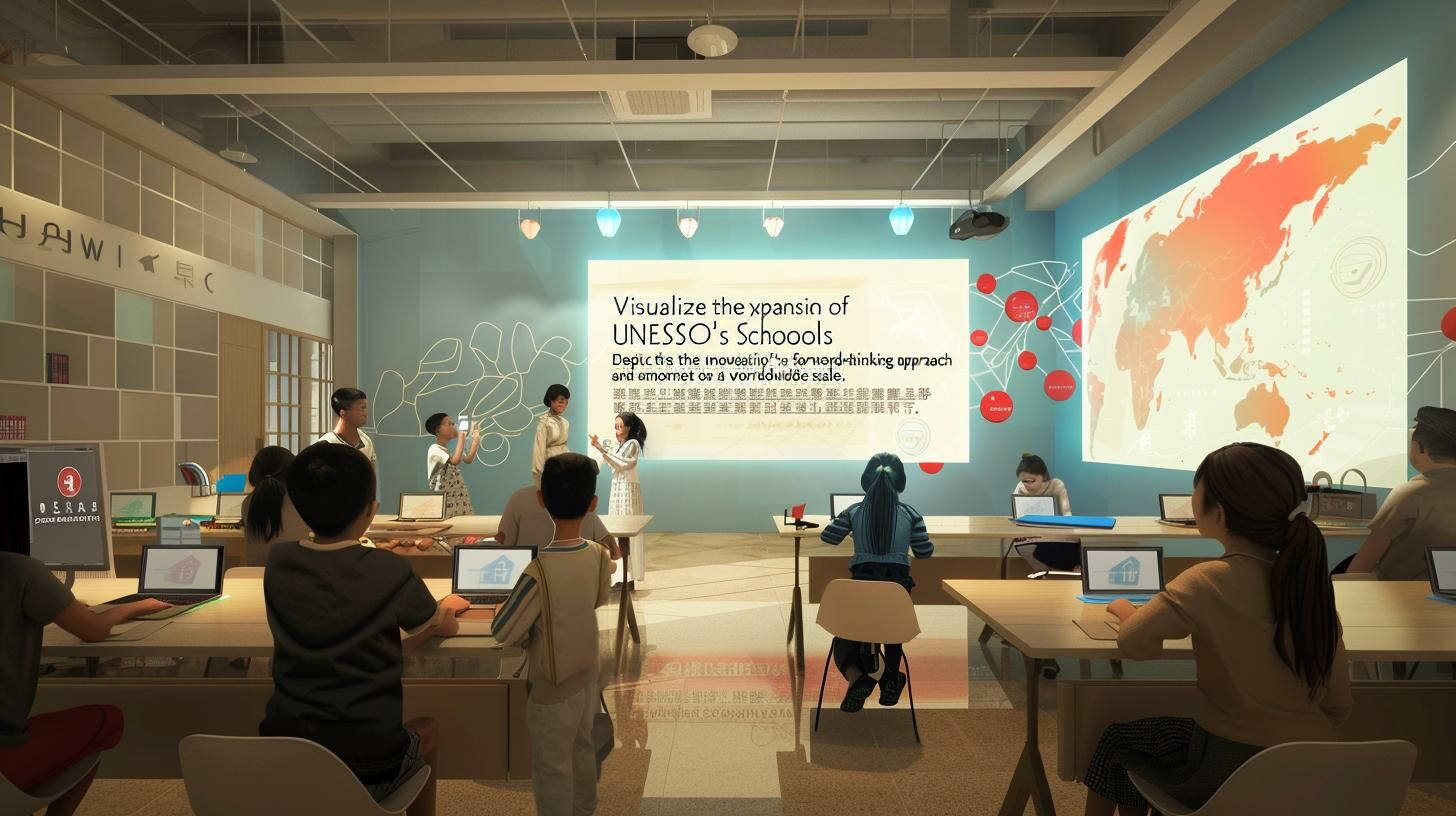Huawei & UNESCO’s new leap: Expanding open schools project globally

In the era of digital transformation, the collaboration between Huawei and UNESCO through their Open Schools Project marks a significant advancement toward inclusive education. This initiative is pioneering efforts to eliminate the digital divide, ensuring equitable access to quality education for students worldwide. For those interested in how this project is reshaping the educational sector and its implications for future generations, this article provides a deep dive into its objectives, achievements, and impact.
The initiative extends beyond merely providing internet connectivity to classrooms; it aims at creating innovative learning centres accessible to all students. With a commitment from Huawei and expertise from UNESCO, this partnership is poised to catalyze global change towards educational equity by leveraging technology.
Overview of the UNESCO-Huawei partnership
Origins and initial goals
Originating from a mutual ambition to utilize technology for enhancing global education, the UNESCO-Huawei partnership primarily focuses on narrowing the digital gap. It endeavours to equip learners worldwide with equal access to educational resources by incorporating cutting-edge digital solutions in classrooms. This initiative seeks not only to transform these spaces into dynamic environments conducive to learning but also to prepare both students and teachers for success in a technologically driven world.
Achievements to date
Since its inception, significant progress has been made in promoting educational equality through technology. The partnership has launched various projects globally, overcoming geographical and socio-economic challenges. Notable achievements include donating ICT equipment like tablets and smart boards to schools in Ethiopia, and empowering educators with digital tools while improving access to quality education. Expansion into other countries customizes digital solutions based on local needs, showcasing Huawei’s and UNESCO’s dedication to enriching education through technological integration.

Expansion of the open schools project
New countries in focus
Aiming at revolutionizing education via technological means, the Open Schools Project now targets extending its reach further into additional nations. These selected countries stand out due to their unique educational requirements and potential benefits from digital enhancements in teaching methodologies. This phase intends that students across these new regions gain fair access to high-calibre education regardless of their background.
Objectives and expected outcomes
The primary objective of broadening this project is unequivocal—to close the digital divide while promoting an all-encompassing educational landscape. The anticipated outcomes involve augmenting digital literacy at all academic levels, creating interactive learning scenarios, and advocating for lifelong educational opportunities.
Additionally, this expansion plans on developing tech-based educational models that facilitate uninterrupted accessibility across various settings—ensuring continuous quality education even during crises—and reinforcing educators’ proficiency with ICT tools within mainstream curriculums.
By aligning with these goals, the Open Schools Project envisages an ecosystem where every learner possesses essential skills for navigating a digitally interconnected world efficiently—preparing them adequately for 21st-century challenges through improved readiness among participating nations’ educational frameworks.
Impact on education and technology
Bridging the digital divide
Huawei’s collaboration with UNESCO plays a pivotal role in diminishing educational disparities caused by technological gaps. Introducing advanced technologies within schools equips underprivileged areas with vital resources necessary for embracing digital learning—transforming traditional classrooms into vibrant platforms fostering knowledge acquisition while enabling students’ exposure to vast informational resources online—a paradigm shift ensuring equitable quality education irrespective of geographic or economic limitations.
Enhancing educational access and quality
Through strategic deployment of technology-centric approaches within its expansion strategy, the Open Schools Project significantly uplifts both accessibility levels as well as overall pedagogical standards—prioritizing inclusivity above everything else; it ensures wide-reaching impacts via engaging content delivery mechanisms tailored around diverse learner preferences thus optimizing engagement metrics alongside comprehension rates effectively paving pathways toward cultivating continuous skill development ethos right from formal schooling phases onward.

Challenges and solutions
Navigating regulatory hurdles
Expanding into newer territories introduces intricate regulatory landscapes necessitating adept navigation around local policies governing technological deployments within academic settings—an aspect diligently managed by initiating early dialogues amongst relevant authorities thereby assuring compliance alongside securing necessary endorsements critical towards facilitating smooth integrations henceforth bridging policy-related divides efficiently through collective stakeholder engagements aimed at consensus building around implementation modalities suited best per regional specificities involved therein.
Ensuring long-term sustainability
Sustainability remains key concerning maintaining operational efficiencies over time—a facet addressed through instilling robust training programs aimed at empowering local teaching bodies alongside technical staff regarding usage nuances plus troubleshooting protocols related thereof besides encouraging community engagements guaranteeing vested interests toward project continuance further supplemented via forging alliances amongst local enterprises ensuring resource availability thus collectively contributing toward establishing self-reliant frameworks capable of propelling forward without necessitating constant external interventions post initial setup phases culminating eventually into enduring legacies transcending generational timelines ahead successfully.
Latest Thailand News
Follow The Thaiger on Google News:


























